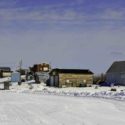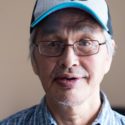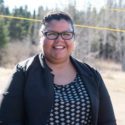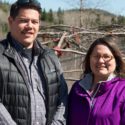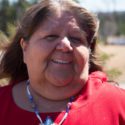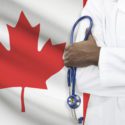aboriginal health
Simeonie
Prescription delays for indigenous patients amount to triage by race
Shelly
David and Lisa
Diane R
8 steps toward addressing Indigenous health inequities
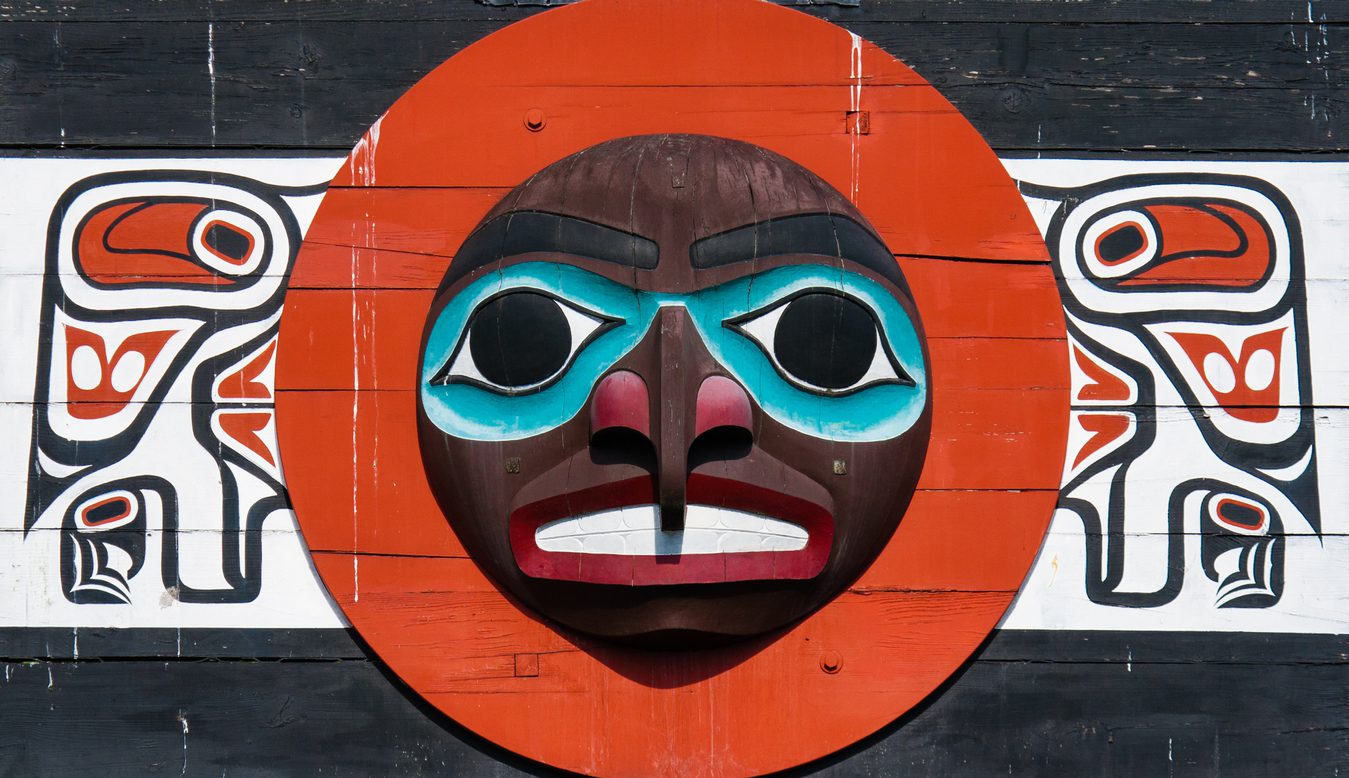
The health inequities between Indigenous and non-Indigenous Canadians have long been shamefully apparent – the various studies finding infant mortality rates in Indigenous populations to be 1.7 to four times that of non-Indigenous populations; the diabetes prevalence that’s nearly twice that of non-Indigenous people; the fact that Indigenous people are six times more likely to …
Election 2015: The Health Care Debate
Remote First Nations communities without a safety net during emergencies
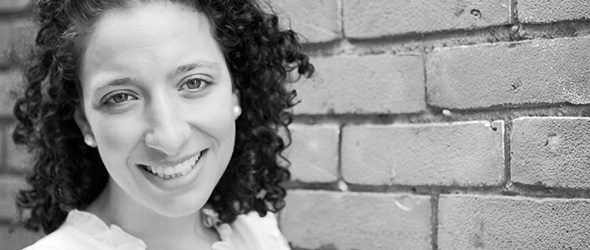
With the summer months ahead– many of us plan to explore the outdoors, perhaps spend a weekend by a lake or camp in a provincial park. For the vast majority of Ontarians, time spent in the outdoors doesn’t mean that we are far from the safety net and comforts of home. If we run into …
A new era of First Nations health in British Columbia
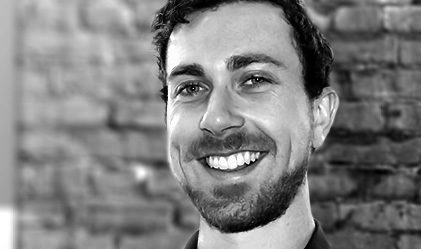
British Columbia First Nations are making history by undertaking a transformative process to change the way health care is delivered to their children, families and communities. The Tripartite First Nations Health process underway in BC is a case study in the power of many Nations coming together and speaking with a common voice to find …
Canadian medical schools struggle to recruit Aboriginal students
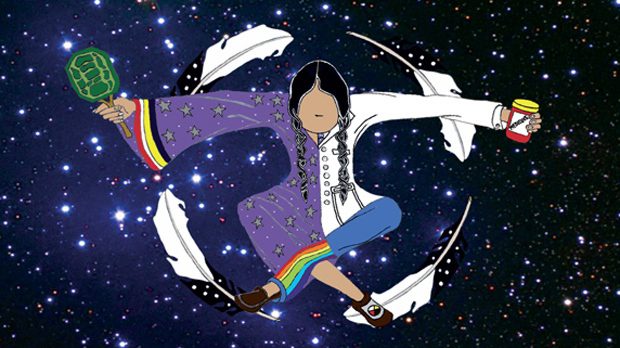
The featured image for this story is reproduced with permission from the Health Council of Canada. Illustrator: Leah Fontaine Canada’s First Nations, Inuit and Métis peoples have, on average, much poorer health than other Canadians. Chronic diseases like diabetes are significantly more common among Aboriginal peoples, and they have a substantially shorter life expectancy than the general population. Mental illness is also alarmingly common in …
Aboriginal cultural competency training program for health care workers

Recently, I had a conversation with a physician who works with international groups. He had high praise for the BC Provincial Health Services Authority’s Indigenous Cultural Competency (ICC) training and wished it could be made available at an international level. He spoke of groups unintentionally insulting and offending one another. “Some of the most advanced …
Making Canada’s health care system more culturally responsive to Aboriginal Peoples
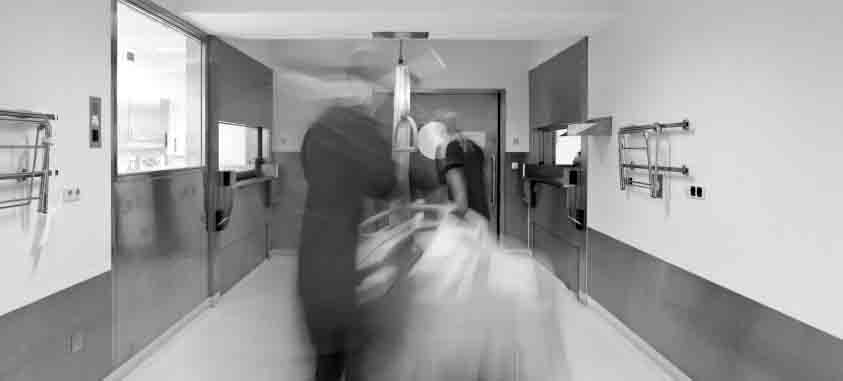
The new report issued by the Health Council of Canada on cultural competency and cultural safety for Aboriginal People in urban health care is a welcome addition to what is hopefully a broader renaissance in how health care services are provided in this country. This report presents the outcomes of regional roundtable sessions across the …
Innovative medical education in Northern Ontario
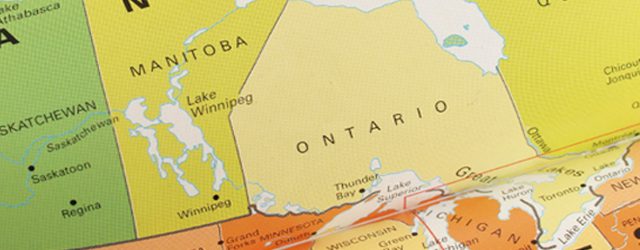
The Northern Ontario School of Medicine (NOSM) has developed a model of medical education to address the needs of people living in northern Ontario. NOSM was founded in 2005 with mandate of social accountability to the communities of the region. As the first NOSM graduates begin to enter practice, there are hopes that this school …
The challenges of improving hospital food

The saying “you are what you eat” has taken on more meaning in Canadian society, with growing interest in the quality, origins and farming practices of the food we eat. For some hospitals, this phrase is “you are what you serve” with food service being increasingly scrutinized, and there are many Ontario hospitals with efforts …
